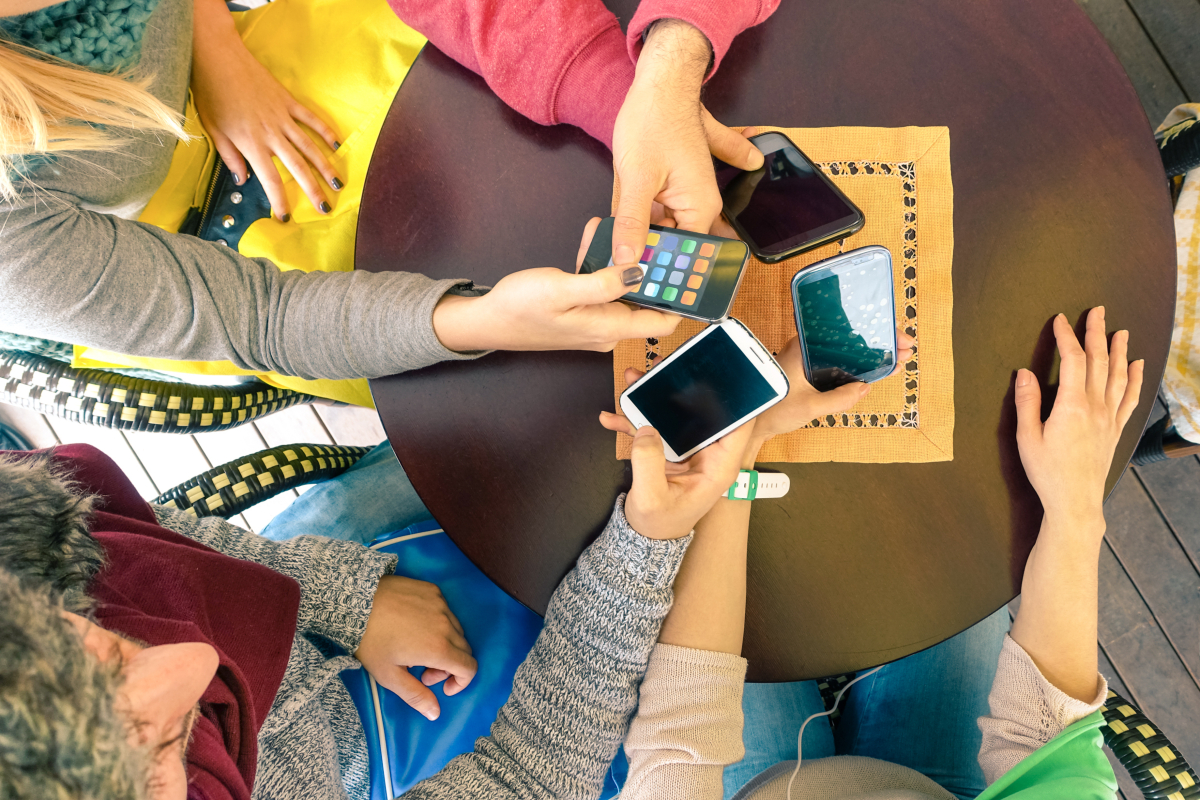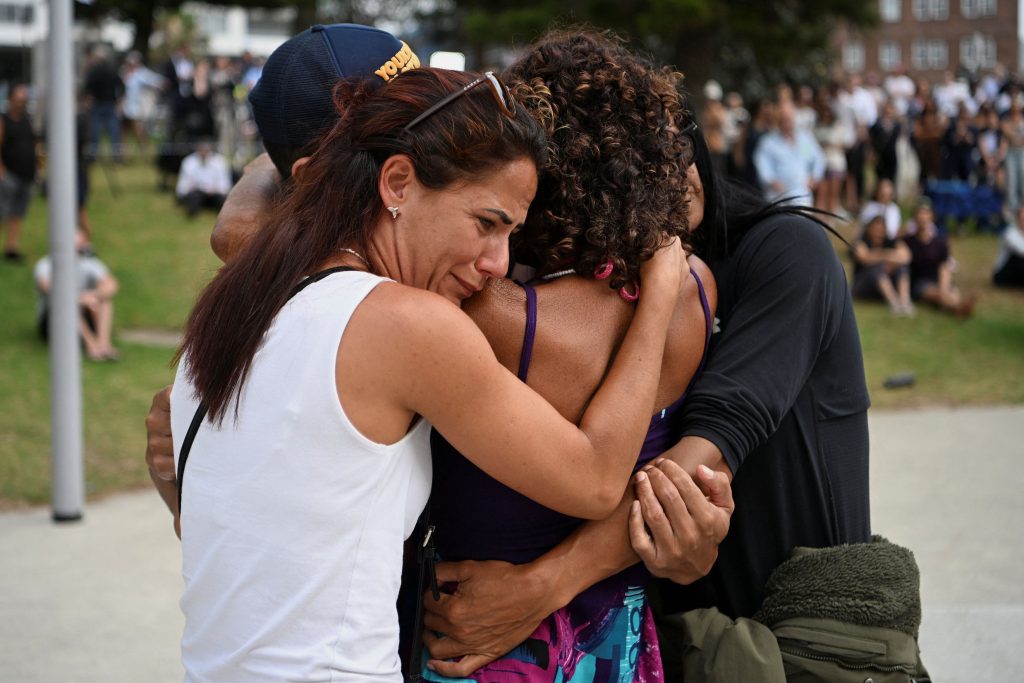Countries around the world are planning or implementing restrictions on social media for minors, and Greece is set to follow suit and announce new measures on December 30.
Planned Measures on Social Media for Minors in Greece
According to an article in To Vima, the Greek government plans to limit or even prohibit internet use for minors up to at least the age of 15.
This initiative is driven by rising incidents of violence among minors, often linked to social media. Platforms have been used for cyberbullying or coordinating attacks, such as the violent assault of a teenage girl in Glyfada several months ago.
Children are also exposed to dangerous trends, such as the “Superman challenge” on TikTok, which resulted in serious injuries, or the “Sex Roulette” trend, which encouraged risky behavior among teens.
Greece’s Minister of Digital Governance, Dimitris Papastergiou, has highlighted the urgent need to address internet addiction and its negative impact on children’s socialization and emotions.
Greece’s Three-Phase Plan
Greece’s plan focuses on three main pillars: parental controls, age verification, and legislation.
- Parental Controls: A new website, parco.gov.gr, will provide parents with tools to activate pre-installed parental controls on mobile devices.
- Age Verification: The introduction of “kids wallets” will enable automatic age verification and integrate specific rules and applications.
- Legislation: Greece plans to develop new laws regulating content and collaborating with tech companies to apply broader safety standards across Europe.
What Are Other Countries Doing?
European Union
The EU requires parental consent to process children’s personal data under the age of 16, though member states can lower this limit to 13.
Spain
Spain is drafting a bill to protect minors from excessive smartphone and technology use, proposing health warning labels on devices and raising the minimum age for social media accounts from 14 to 16.
United Kingdom
While the UK has no formal plan yet, it is conducting a study on the impact of social media and smartphones on children. Since 2023, age restrictions have been enforced on platforms like YouTube, TikTok, and Facebook.
Norway
In November, Norway proposed raising the minimum age for minors to consent to social media terms from 13 to 15. Despite this, many young children already use social media with parental consent.
France
In 2023, France introduced a law requiring parental consent for minors under 15 to use social media. In 2024, President Macron proposed banning smartphones for children under 11 and restricting internet access for those under 13.
Germany
Minors aged 13-16 can use social media only with parental consent. Advocates are calling for stricter enforcement of these rules.
Belgium
Children under 13 need parental permission to open social media accounts.
Netherlands
As of 2024, mobile devices are banned in classrooms to reduce distractions, with exceptions for educational or medical needs.
Italy
Children under 14 require parental consent for social media accounts.
Australia
Australia recently raised the minimum age for social media registration from 13 to 16, imposing hefty fines on companies that fail to comply.
United States
Several states have introduced age-verification laws, but many face legal challenges. In 2023, Utah became the first state to enact such laws, though some provisions have been blocked in court.



